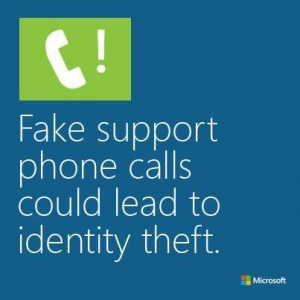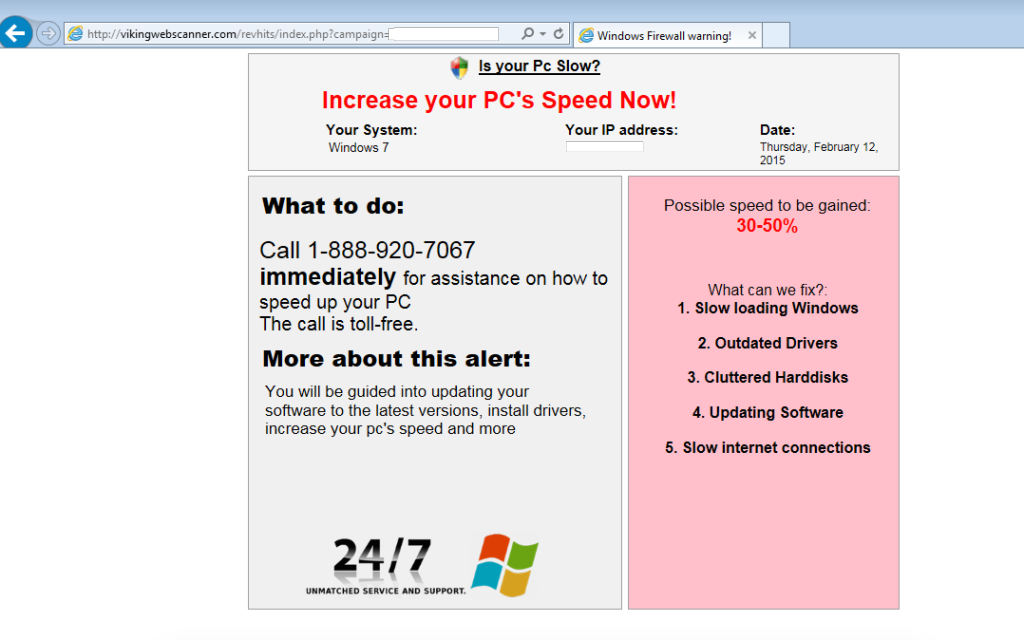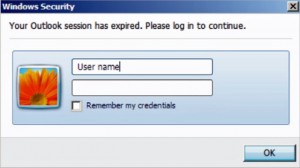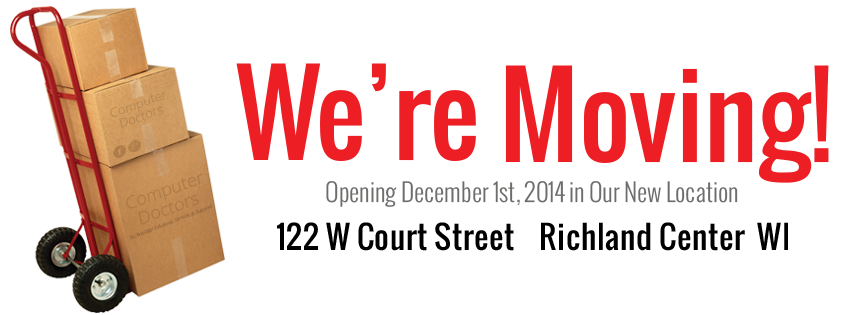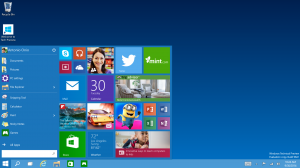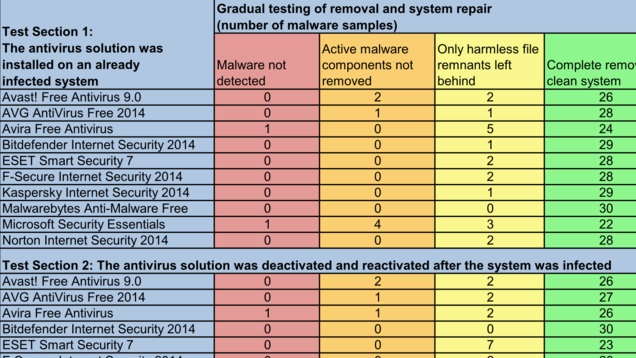Microsoft is promising a fairly painless upgrade path to Windows 10, provided users have been keeping their existing versions up to date.
If you’re running Windows 7 Service Pack 1 or Windows 8.1 S14 (that’s the “Windows 8.1 Update” from last April), you’ll be able to get Windows 10 straight from the Control Panel’s Windows Update utility. In other words, you won’t have to mess around with installation disks, and all your files and programs will remain intact.
Your data won’t be erased if you’re running an older version of Windows 7, Windows 8, or Windows 8.1, but you’ll have to download an ISO and create an installation disk. It’s just a little more of a hassle. [Read more…]
